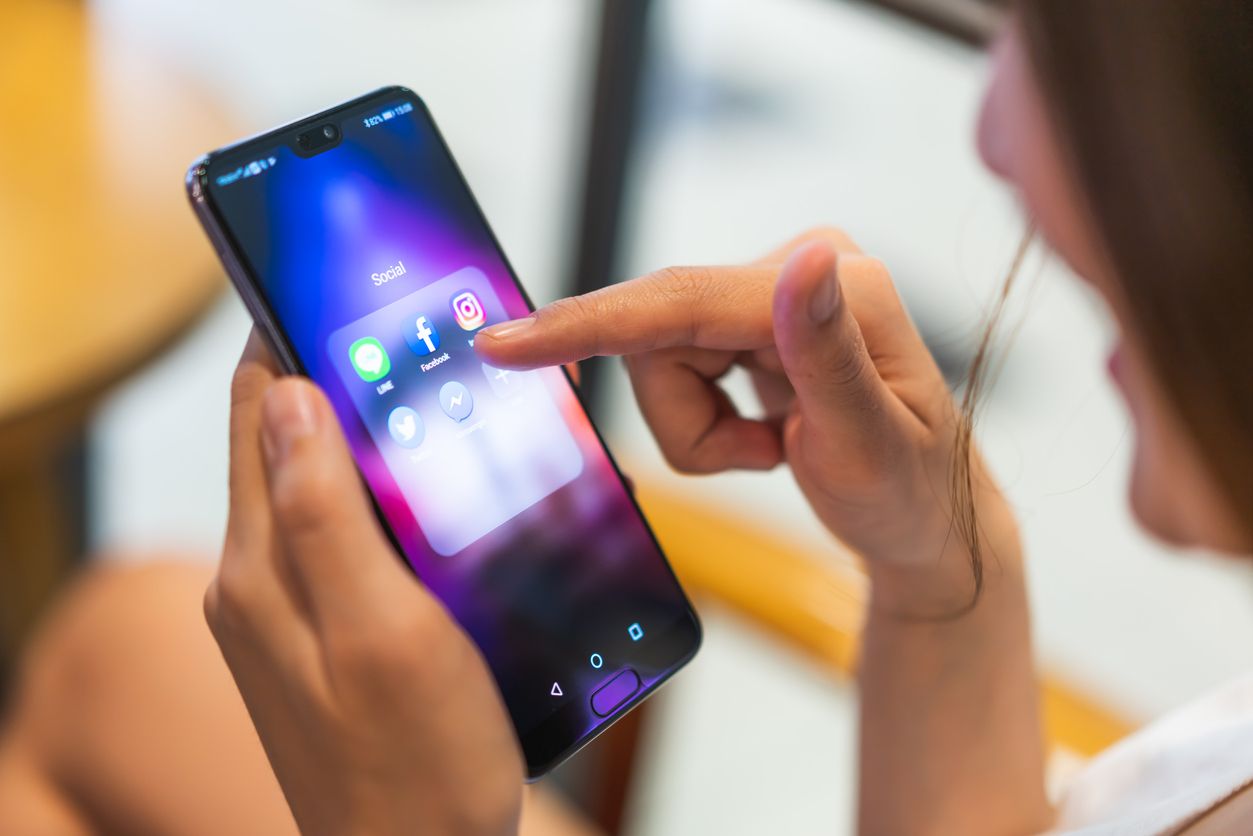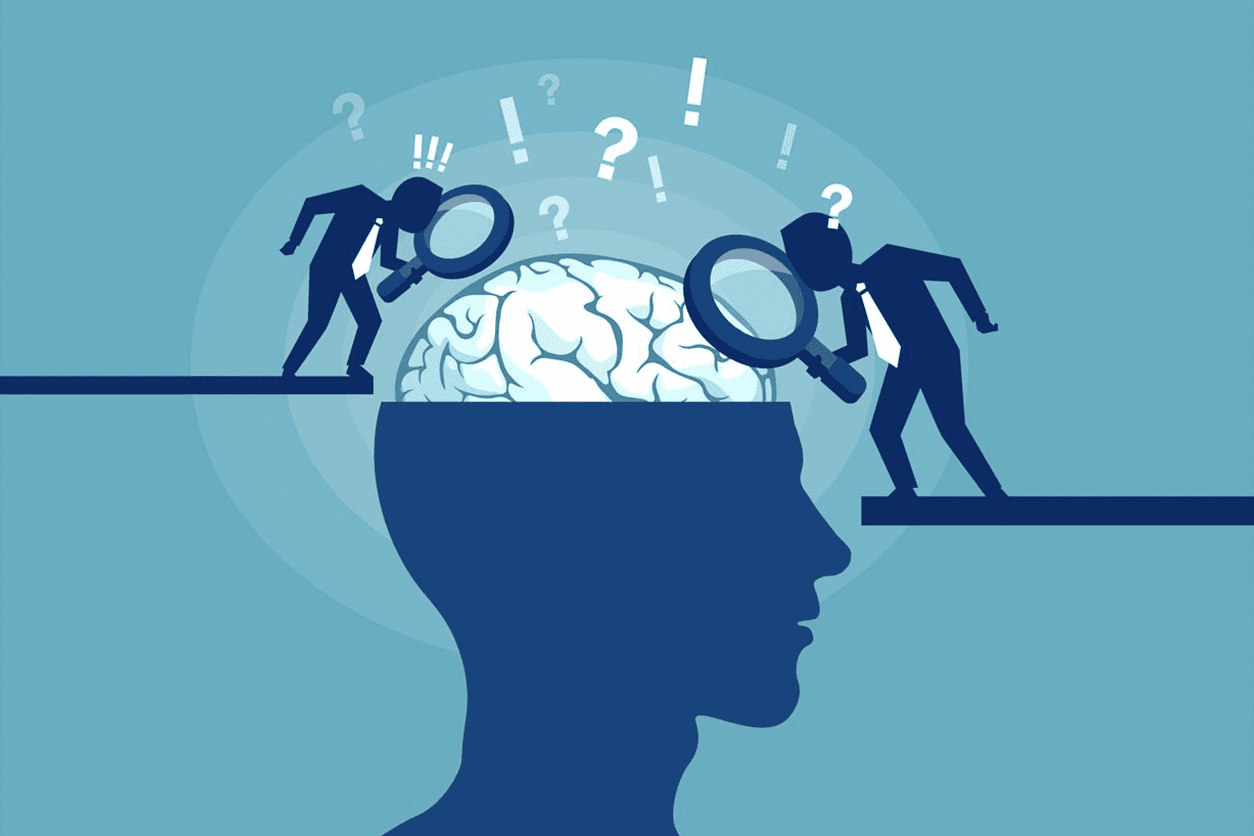
Gamification has been used across various business processes, from sales to training, and now, marketing has come into play. Brands are trying to engage their users to stand out from the competition, simply put, gamification marketing is one of the most effective ways for brands to do so!

Social media platforms are using rewards and incentives to encourage users to engage with their platforms. For example, platforms like LinkedIn offer badges and certifications to users who complete certain courses or achieve certain goals.

Gamification refers to the use of game design elements and principles in non-game contexts. The purpose of gamification is to motivate and engage users by creating an enjoyable experience that encourages them to achieve specific goals or behaviors.

Rewarding customer is a crucial part of building a successful business. This can be done through gamification. Customer loyalty is an essential factor in any business's success, and offering rewards to customers is a proven way to increase their loyalty. In this article, we will discuss the importance of rewarding our customers and how it can benefit our business.

Gamification science has a huge role in the concept of gamifying processes and elements. Game-based learning is all about associating learning materials with "motivational chemicals" that are released in the brain through engaging activities such as games.

As you can see, there are various game mechanics that can be used to encourage people to gamble. These game mechanics can be used to increase user retention, motivate users to keep playing, and create a sense of community.

For many people, the thrill of self-expression and goal achievement comes to their mind at the thought of gaming. The video game industry is so successful because it taps into something inherently human - the desire to compete and succeed.

The gamification market has a global value of USD 9.1 billion in 2020 and is expected to register a growth rate of 27.4% by 2025, totaling USD 30.7 billion. Developing a gamification strategy for your app can help you retain users longer and create a more satisfying user experience.

Leaderboards are a great way to encourage employees to keep improving. Leaderboards help motivate employees to improve their performance and reach higher goals by letting other members of the team see their progress.